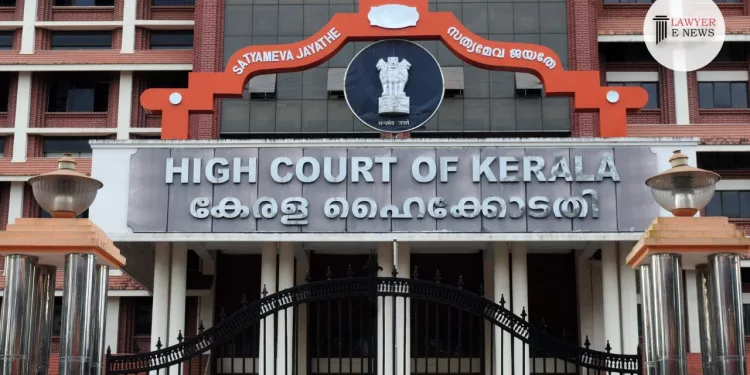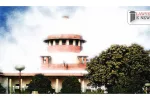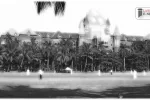Statements in Court Filings Amount to Publication, Attract Defamation Under IPC: Kerala High Court

In a significant ruling, the Kerala High Court has held that defamatory statements made in court filings amount to publication, thus attracting the provisions of defamation under the Indian Penal Code (IPC). The decision came in the case of Xavier Pollayil Vs. C.H. Chandrabhanu & State of Kerala, where Justice Ziyad Rahman A.A. dismissed a petition seeking to quash proceedings for defamation.
The crux of the judgment centered around whether statements made in a counter-affidavit submitted before a court of law could be considered as ‘publication’ under sections 499 and 500 of the IPC, which deal with defamation.
The case arose from a complaint by C.H. Chandrabhanu, a lawyer, alleging defamation by Xavier Pollayil, the petitioner and former Secretary of the Rotary Club, Cherthala. Pollayil had made certain statements in his counter affidavits regarding a lawsuit related to the termination of membership from the Rotary Club. The complainant argued that these statements were defamatory.
Justice Ziyad Rahman A.A. meticulously analyzed the case, referring to various precedents. He observed, “Merely because the statement happened to be made in a counter affidavit submitted before a court of law, that would not enable the accused to contend that the same is not a publication which attracts the offence under Section 499 r/w. Section 500 of IPC.” The Judge also noted that determining whether a statement falls under the exceptions of Section 499 IPC requires a trial and cannot be adjudicated in a proceeding under Section 482 Cr.PC.
The High Court rejected the petition to quash the proceedings, stating that the issues raised are matters for trial. The Court emphasized that its observations were not intended to decide any issues between the parties but to assess the prima facie case for invoking the Court’s inherent powers.
Date of Decision: 16 February 2024
Xavier Pollayil VS C.H.Chandrabhanu





